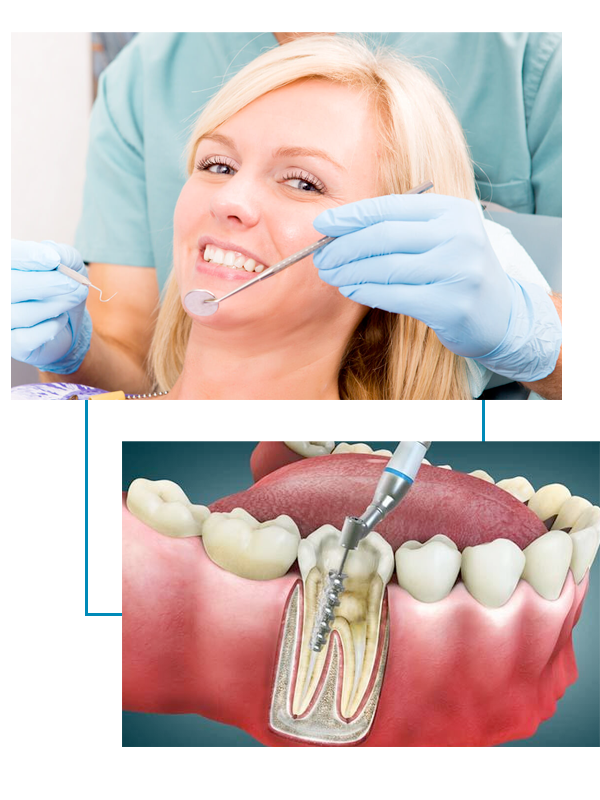Does getting a root canal hurt? Any pain is reduced with an anesthetic, and sedation is given to make the root canal process more comfortable. Patients who have had root canal treatment, on the other hand, report almost instant pain alleviation. Over-the-counter medicines may be used to control any stiffness, and it will go away in a few days. The discomfort from infected dental roots only gets worse.
To reduce discomfort, a local anesthetic is administered. After creating a tiny hole in the tooth to reach the root canals, your oral surgeon will use delicate tools to delicately remove the pulp chamber. After that, an antimicrobial rinse is used. A temporary filler will seal the hole if a second visit is required to thoroughly clean the area. A permanent filling is inserted to preserve the tooth after the completion of the root canal therapy. To further safeguard the tooth, you may need to come back for a dental crown.
For a few days, the region will be sensitive; you may aid yourself by using over-the-counter pain relievers and anti-inflammatory medications. Until your dental crown and permanent filling are installed, do not use the impacted tooth. To avoid any problems, go with the instructions provided by Dentistry on Dufferin. To avoid more problems, keep up your excellent oral hygiene and make an appointment for regular dental examinations.



